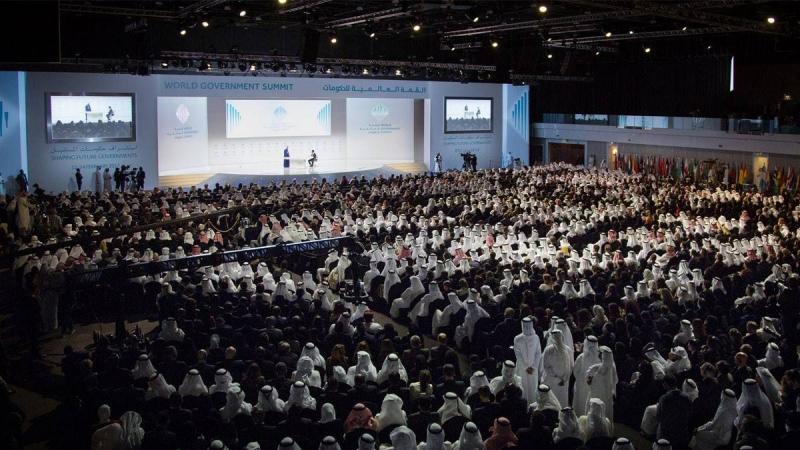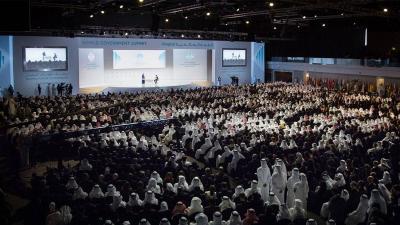With the conclusion of the Global Government Summit on Wednesday in Dubai, after delving into various forums focused on politics, economics, and culture over nearly three days, a consensus emerged among participants that one topic dominated most discussions: artificial intelligence. This reflects what many see as the reality of the current era.
It is not surprising; as we have witnessed every day since last year, AI is not, and will not be, an independent subject but will impact every aspect of our lives. According to a senior official in the United Arab Emirates, the impact of AI will be comparable to the invention of the wheel, with many applications already being used and numerous undiscovered areas ranging from cancer treatment to space exploration and a better understanding of the human mind. Despite our extensive knowledge, our understanding of it remains very limited.
We need to discuss AI beyond the traditional context of "capital versus labor," as explained to me by a senior official from a technology firm. We must embrace the notion that future jobs will be greatly affected and shift our focus to what AI means for humanity as a whole and for our region in particular.
Currently, it seems we, as Arabs, especially Gulf countries like Saudi Arabia, Qatar, and the UAE, find ourselves well-positioned to be at the forefront of the AI revolution. In this context, we enjoy three competitive advantages: young, educated, and open-minded populations; vast resources; and governments that prioritize this subject. The UAE appointed the world's first Minister of AI, and Saudi officials often speak about the need to play a leading role in technology. This matter is seen as a priority because they realize that those who master this technology will have an advantage for the remainder of the century.
In fact, a senior official stated during a special press conference held last year on the sidelines of the previous summit, that competition and collaboration between countries will no longer be based on geopolitical issues, but rather on techno-political matters. The struggle for fifth-generation technology is a prime example, while the information war is another.
In the opening remarks delivered on Monday, UAE Minister of Cabinet Affairs Mohammad Al-Gergawi provided the audience with an insight into what AI has already achieved in just one year. Its learning capacity has, for instance, increased a thousandfold and will continue to progress steadily along this path. However, there is another side to this advancement; the number of fake images and videos using "deep fake" technology has tripled in one year, with 500,000 fake images and videos published on social media last year. This number is expected to double again.
In the world of journalism, perhaps the most telling indicator of the fate of traditional media models is that the interview conducted by prominent American talk show host Tucker Carlson with Russian President Vladimir Putin garnered over 150 million views online, after the interview was published on his own channel and brand, as he no longer works for a traditional media outlet.
If there is something to be said about this subject, I believe we are in dire need of high-quality professional journalistic coverage. Nonetheless, it has become clear through the available options—from ad-supported free content to subscription-only content, alongside all other options—that we have not yet adopted the most suitable business model for the future.
An article on this topic will follow next week after I cover the Saudi Media Forum, where this subject will also be discussed in the Saudi capital.




